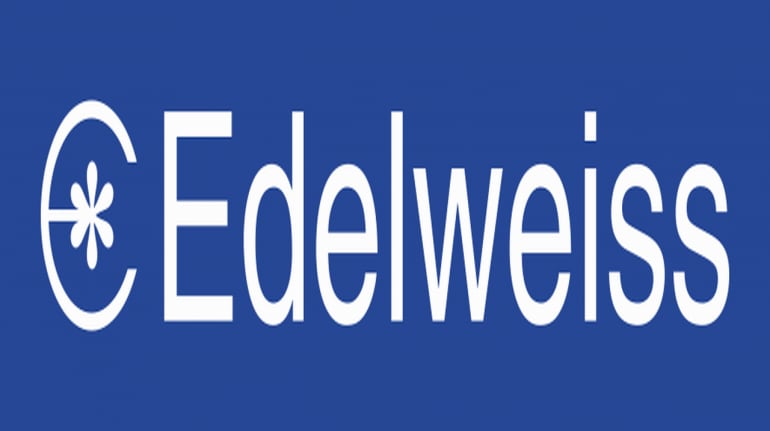



Financial services-focused Edelweiss Group has restricted spending to the minimum because of liquidity concerns arising out of the inability to get benefits of loan repayment moratoriums, its chairman Rashesh Shah has said.
"While we have extended EMI (earnest monthly instalments) non-payment benefits to our clients, the same has not necessarily been available for us. It is therefore important in these times to be cautious, conservative and prudent wherever possible," Shah said in a letter to Edelweiss Group employees.
He said the group has "restricted spending to the minimum possible" and urged employees to be measured in their spending both professionally and personally.
It can be noted that liquidity has been identified as one of the key concerns by policymakers amidst the COVID-19 pandemic.
However, non-bank lenders - Edelweiss also has a presence in the segment - have not been able to get relief as the moratoriums have not been extended to them and dedicated liquidity lines like the ones through targeted long term repo operations have been met with limited success.
"I am confident that Edelweiss will emerge out of this stronger, leaner and more resilient than ever before," he said.
Shah said businesses are facing a challenging time staying afloat as the squeeze on liquidity affects organisations across all sectors and of all sizes and pitched for a calibrated and gradual easing of the lockdown restrictions so that the economy can start once again.
"We are amidst a disruption that is similar to 1991, maybe even bigger. Striking the right balance between re-starting the economy and maintaining social discipline will be key to determining the path we take," he said.
He said the return to normalcy for the economy will also take some time and warned that it will not be a very smooth recovery either. "The year ahead will be a bumpy road and the same will hold true for all organizations including ours," he told employees.
The chief of the group which started out as a brokerage and has presence in asset reconstruction, mutual funds and insurance, commended the imposition of the lockdowns saying India's healthcare infrastructure is limited in its ability to handle a rapid surge in COVID-19 cases.
However, the flipside of the lockdowns has been that the economy has come to an "absolute halt" in this period and it is an especially challenging time for the economically weakest segments of our society, he said.
He added that safety and hygiene will become even more important in the new world and the key is to embrace the new normal.
Learnings from the crisis include frugality and conservatism, need to build resilience for long-term sustainability and the need to stay connected, he said, adding that the group was early to adopt aspects like work-from-home for employees even before the lockdown started.
Discover the latest Business News, Sensex, and Nifty updates. Obtain Personal Finance insights, tax queries, and expert opinions on Moneycontrol or download the Moneycontrol App to stay updated!
Find the best of Al News in one place, specially curated for you every weekend.
Stay on top of the latest tech trends and biggest startup news.